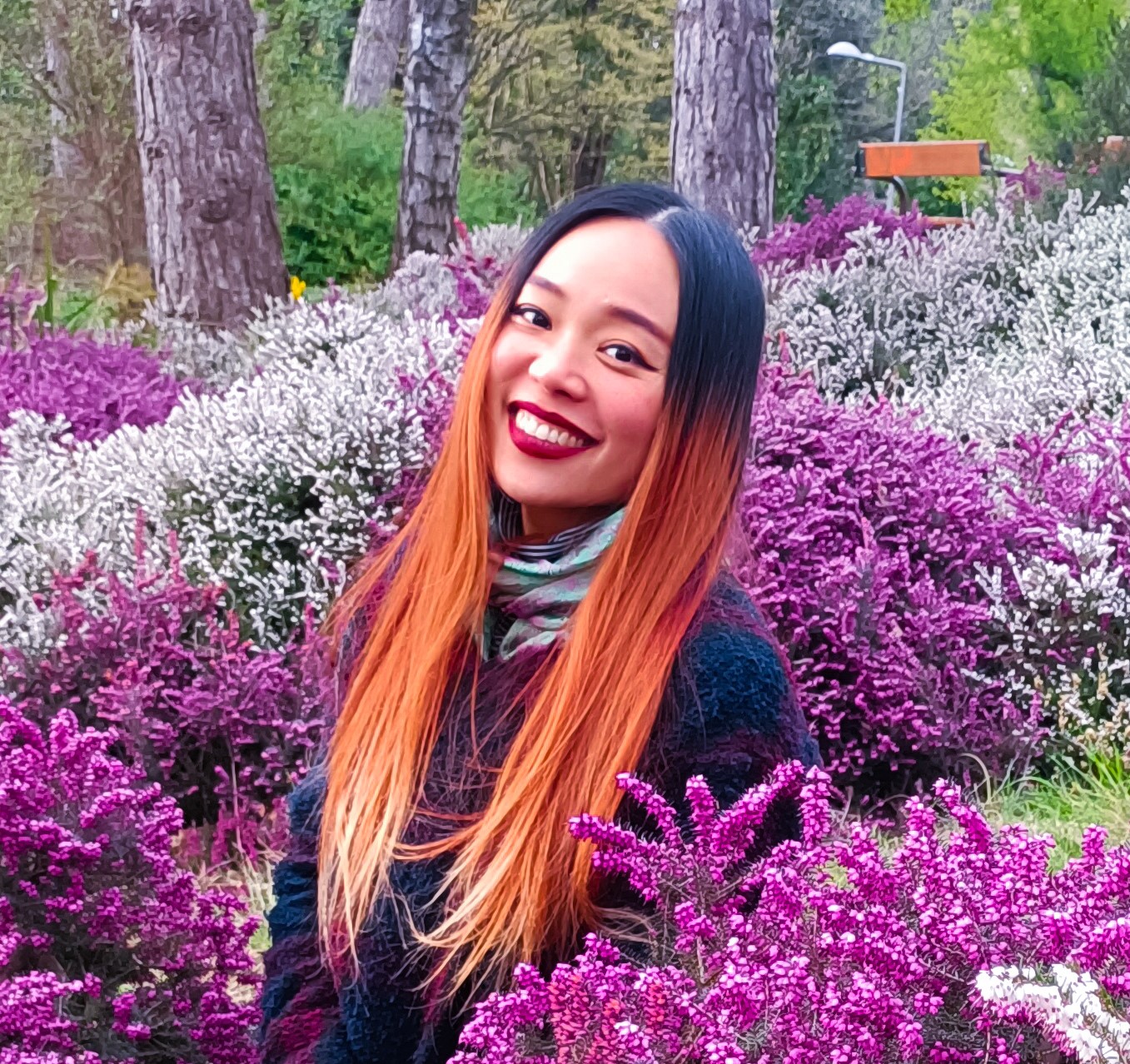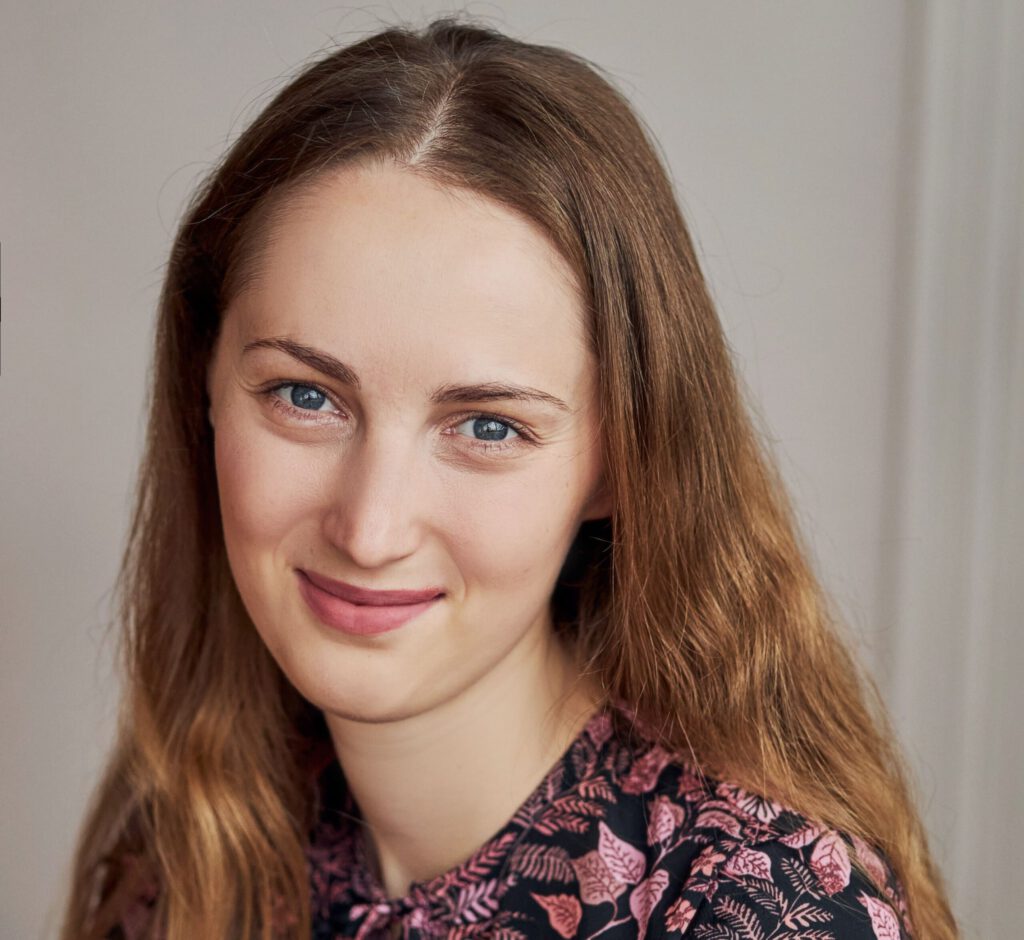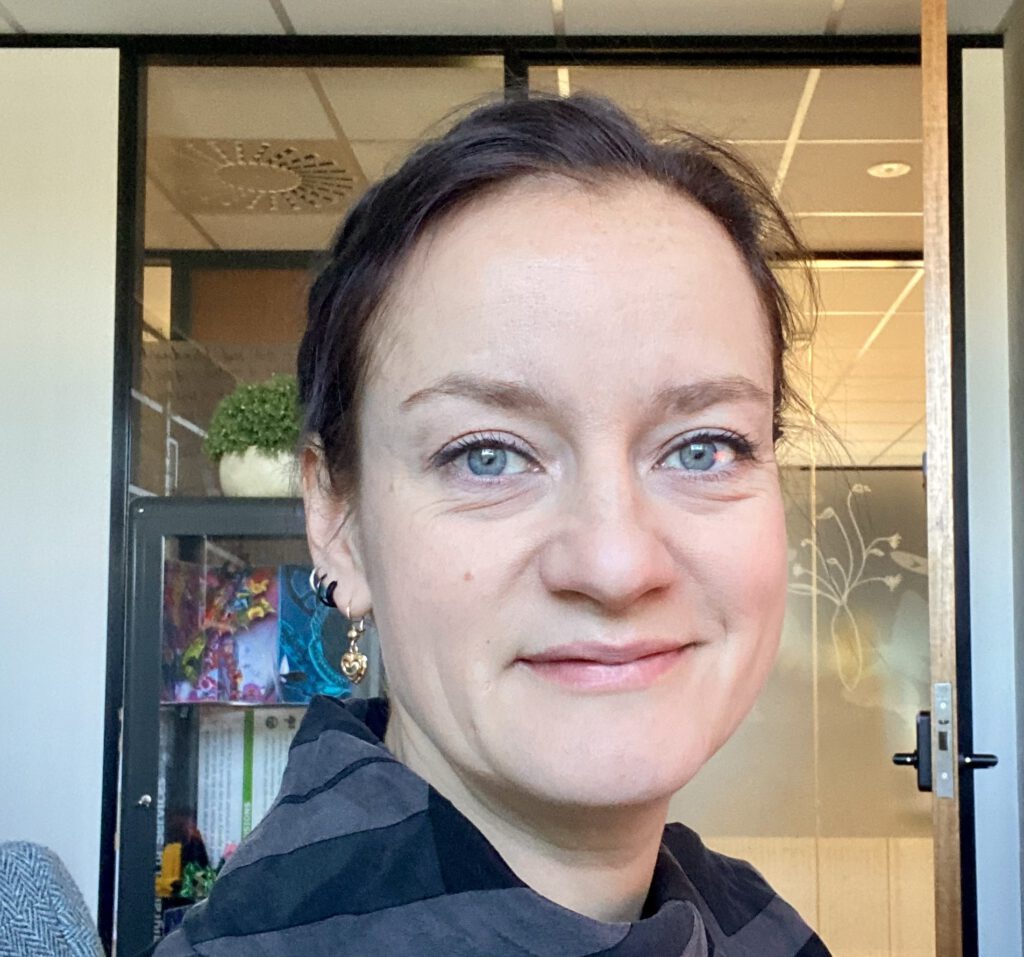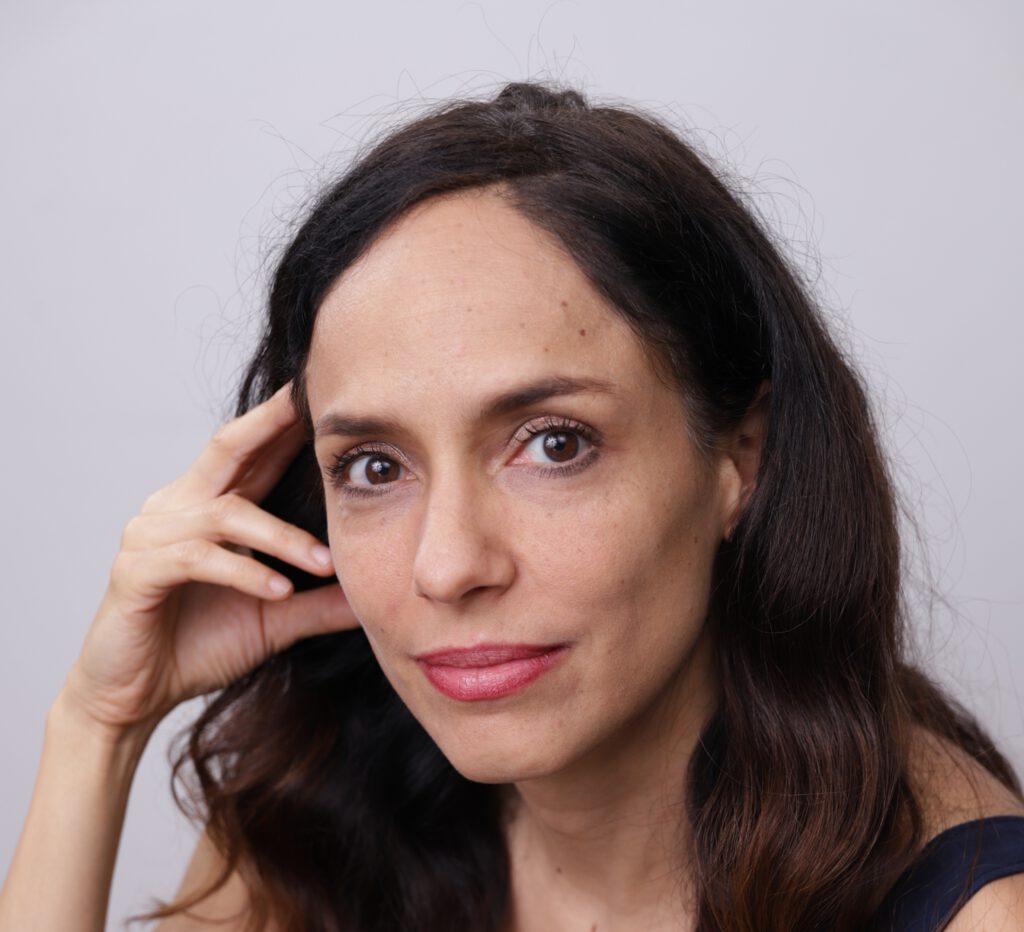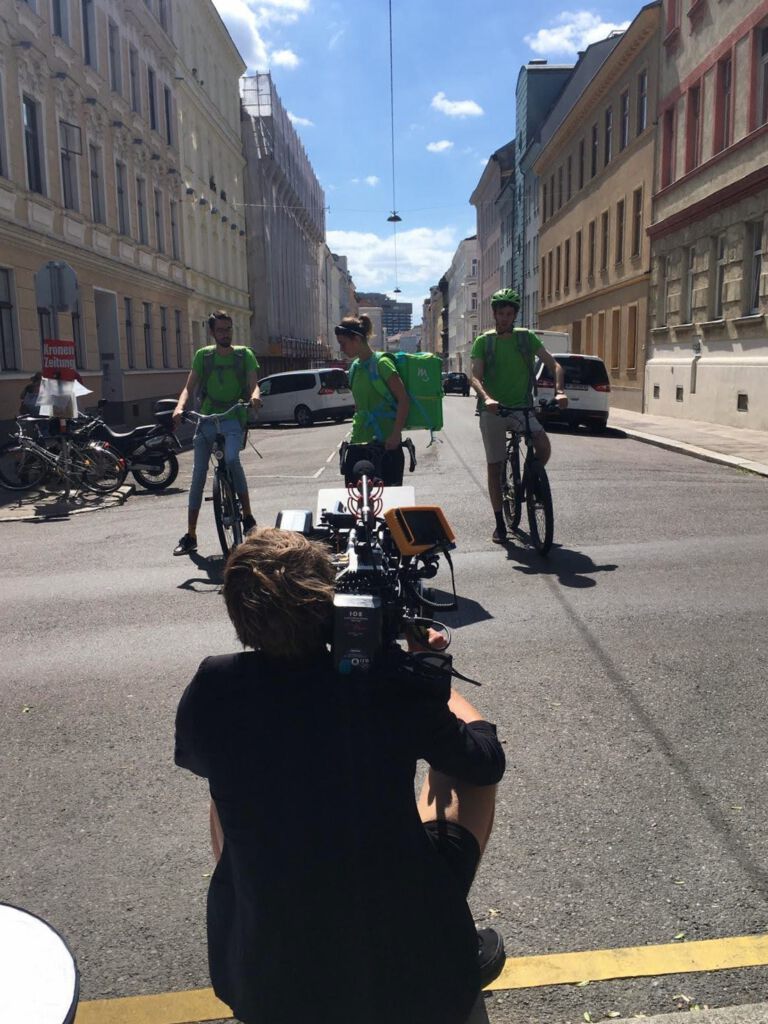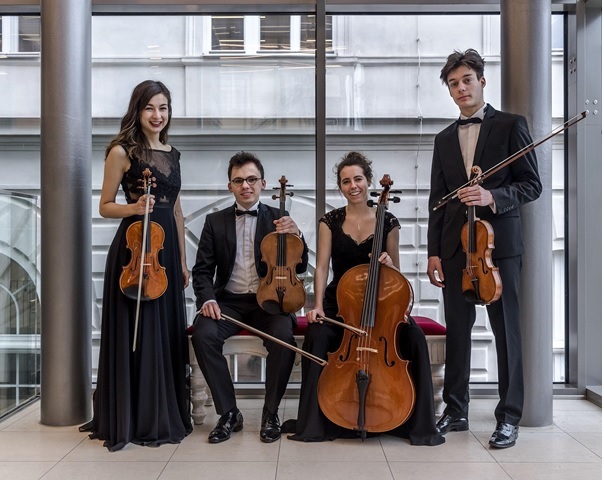Organ Prawang Carlson from Mahidol University, Thailand, about her research and teaching at the mdw
April–June 2023
Upon arrival, I met with my supervisor, Edith Lienbacher, and discussed our planned research. During the Easter break, I made use of this time to interview fifteen Thai singers who were educated in Austria and already have a career. Each interview took twenty-five minutes to over two hours, and most of the interviews took place via online technology, due to most of the singers living in different countries. After interviewing all fifteen of them, I started to analyse all the information gathered and proceeded to document my initial research findings.
From 12 April, I started to go to the mdw to have my own singing lessons and to observe the singing lessons of current students. This occurred four days a week and allowed me to understand how Austrian singing techniques work and to follow the process of each class. I was amazed by the singing techniques that the teacher used with the students. I summarised these techniques in great depth for my research, using the time while I was observing to document my findings while they were still fresh in my mind. Later, I was able to compare these findings with the responses of the interviewees and learn about how most of them still today use the techniques they learned. I could not wait to go back to Thailand and teach my own students these techniques.
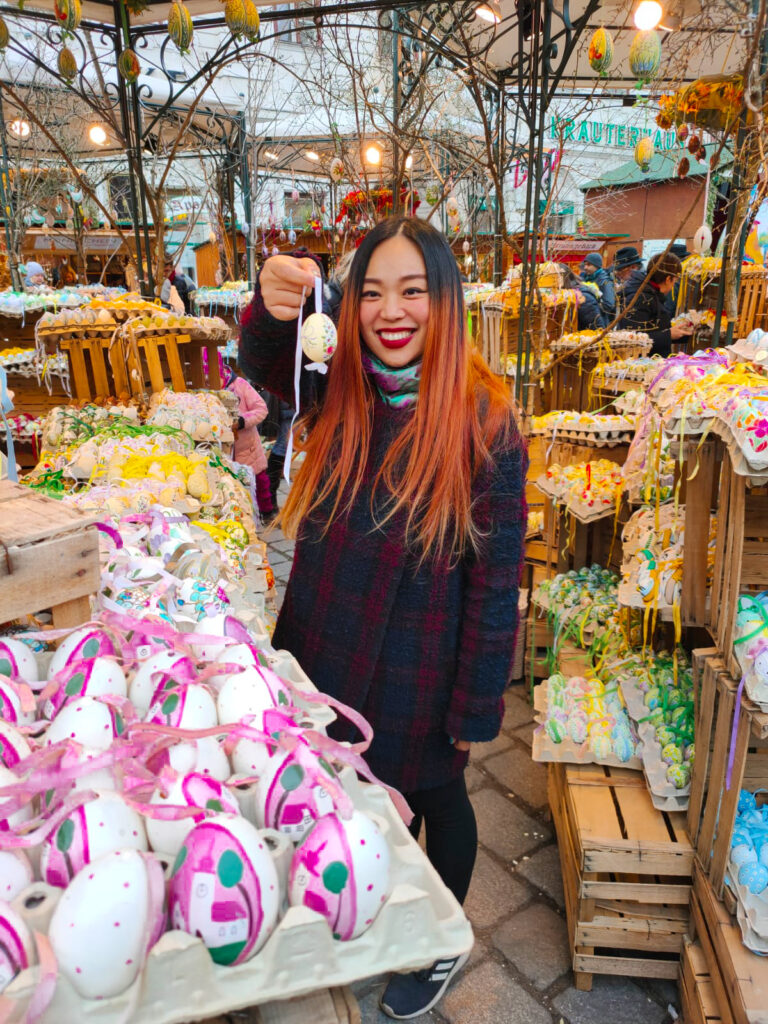
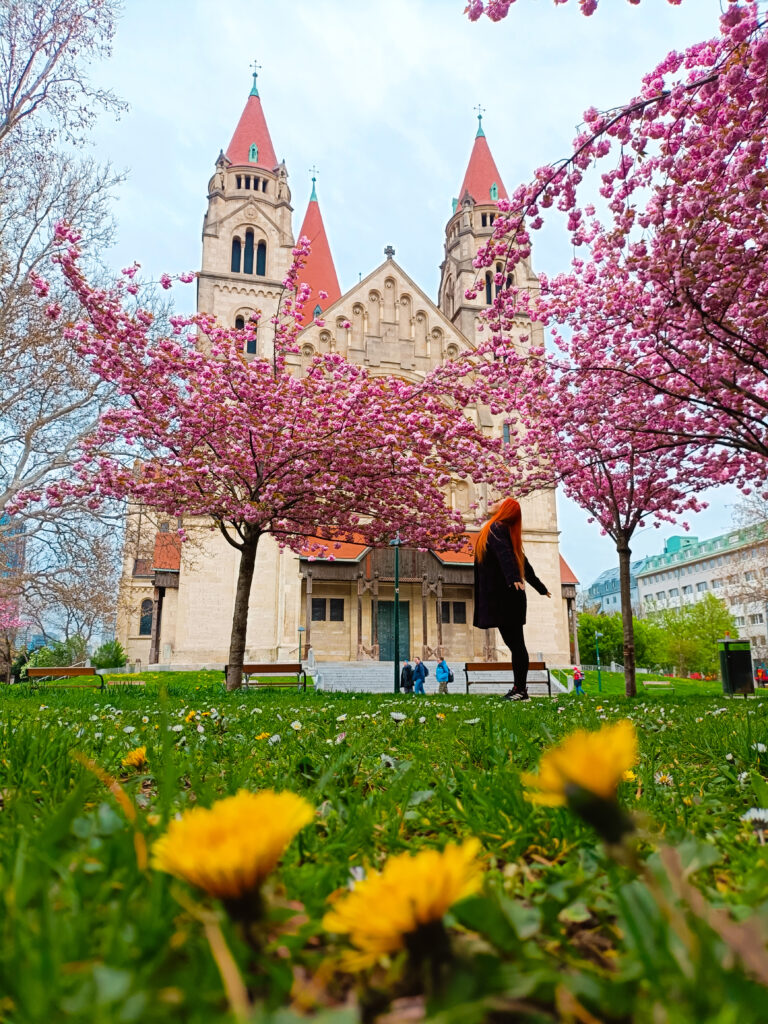
Since I was in Austria, which many would consider the home of opera, I made use of the rich culture and history that was available. As a result, I also had the chance to observe mdw students rehearse the opera “Idomeneo” by W. A. Mozart at the Schlosstheater Schönbrunn. I found it remarkable how much detail they put into the production. The hall they performed in was stunning as well. I also watched a rehearsal of the opera “Die lustigen Weiber von Windsor” by Otto Nicolai at the Volksoper. Again, all singers and orchestra were so skilled, and it was fascinating to see a professional production from behind the scenes.
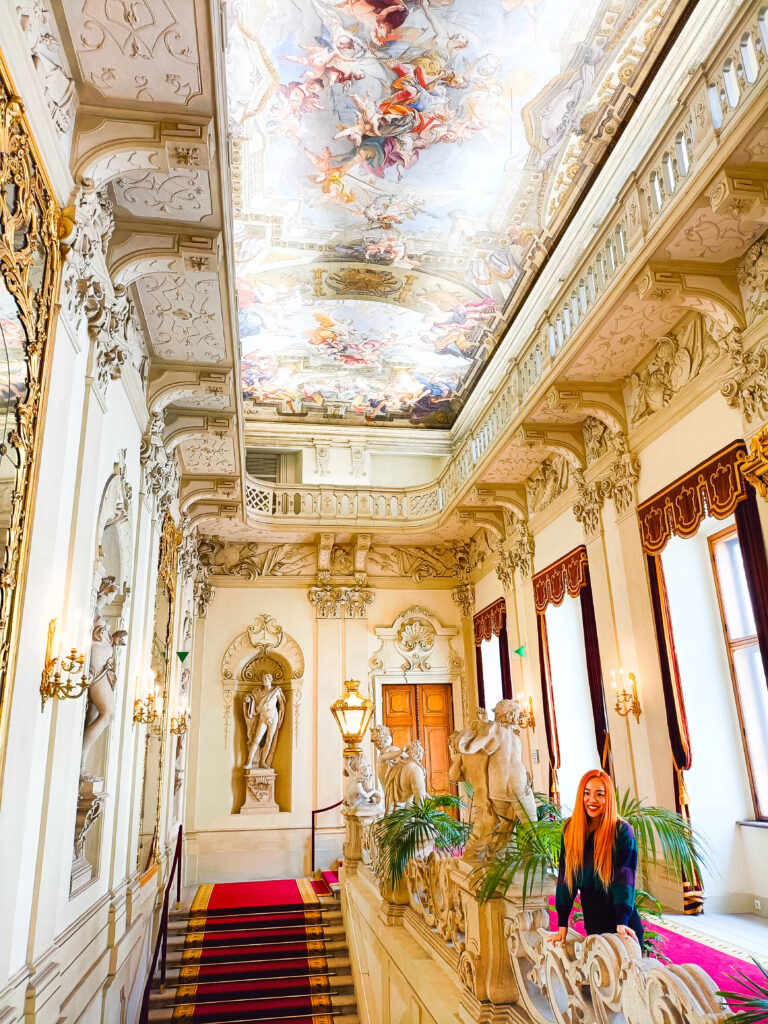
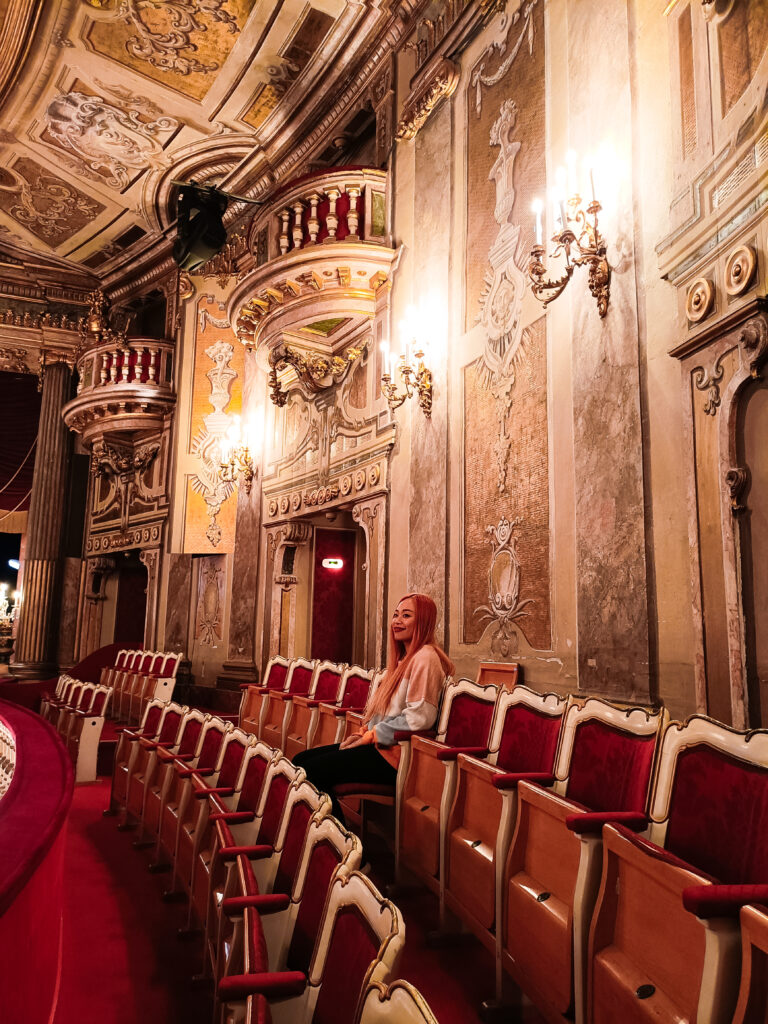
In the evenings, I also tried to attend concerts and operas as often as possible. I tried to watch many different types of concerts, such as student concerts, private concerts, concerts geared towards tourists, and professional operas in the grand opera houses. I wanted to experience the variety with which performances are presented and witness every level of concert in Austria. I went to watch “Junge Stimmen”, a concert by students of mdw faculty members Martin Vacha and Sebastian Vittucci at the Ehrbarsaal, and was suitably impressed by the high standard of the students. I attended a private concert called “Rising Stars and Muttertag” at Schloss Margarethen am Moos, which was an emotional performance where they demonstrated great control in their music. I went to a concert for a more tourist-focused audience called “Sound of Vienna” at Vienna’s Kursalon, which was a mixed show with an orchestra playing the famous waltzes of Strauss as well as ballet dancers and opera singers delivering famous opera arias and duets. I went to watch operas—in addition to “Die lustigen Weiber von Windsor” I also saw “Der fliegende Holländer” (Richard Wagner) and “Die Fledermaus” (Johann Strauss)—at the Volksoper, and at the Wiener Staatsoper, I saw “Carmen” (Georges Bizet), “Salome” (Richard Strauss), and Gustav Mahler’s “Von der Liebe Tod”, “Das klagende Lied”, and “Kindertotenlieder”. All the concerts and operas were so professional and of a high quality and I really enjoyed every moment. Some productions at the Wiener Staatsoper were also modern and abstract. These types of performances are simply not available in Thailand, so I really appreciated the opportunity that this scholarship provided me with to experience more works.
I also enjoyed walking around Vienna to see many statues and memorials of composers, such as Beethoven and the golden Strauss statue. Everywhere I walked, I found myself surrounded by beautiful architecture and people dressed up like Mozart or Strauss selling concert tickets, and I generally felt like I was constantly immersed in classical musical culture. I visited the Danube river, memorialised by Strauss’s “The Blue Danube Waltz”, which he composed to lift the spirits of the people of Vienna. I also was able to see the different seasons. When I arrived in Vienna, it was so cold: the weather was one degree and I could feel the winter season. But not long after, the sun started to come out and all the flowers blossomed. It was nice to experience the differing seasons that are mentioned so much in the many poems that appear in classical music.
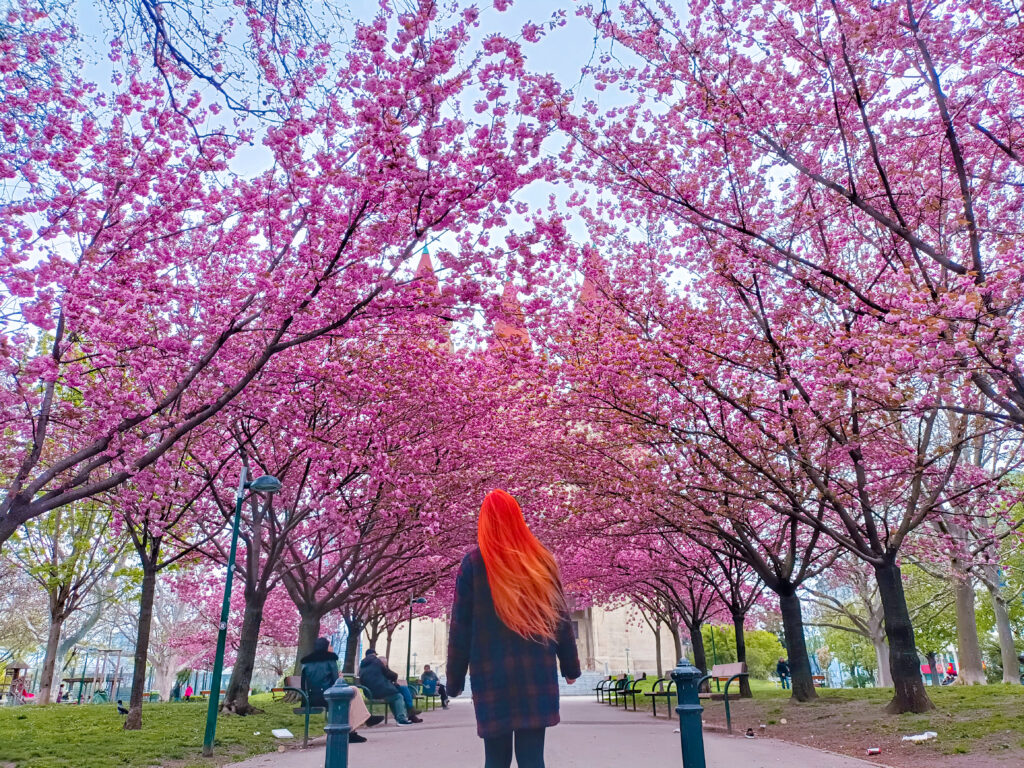
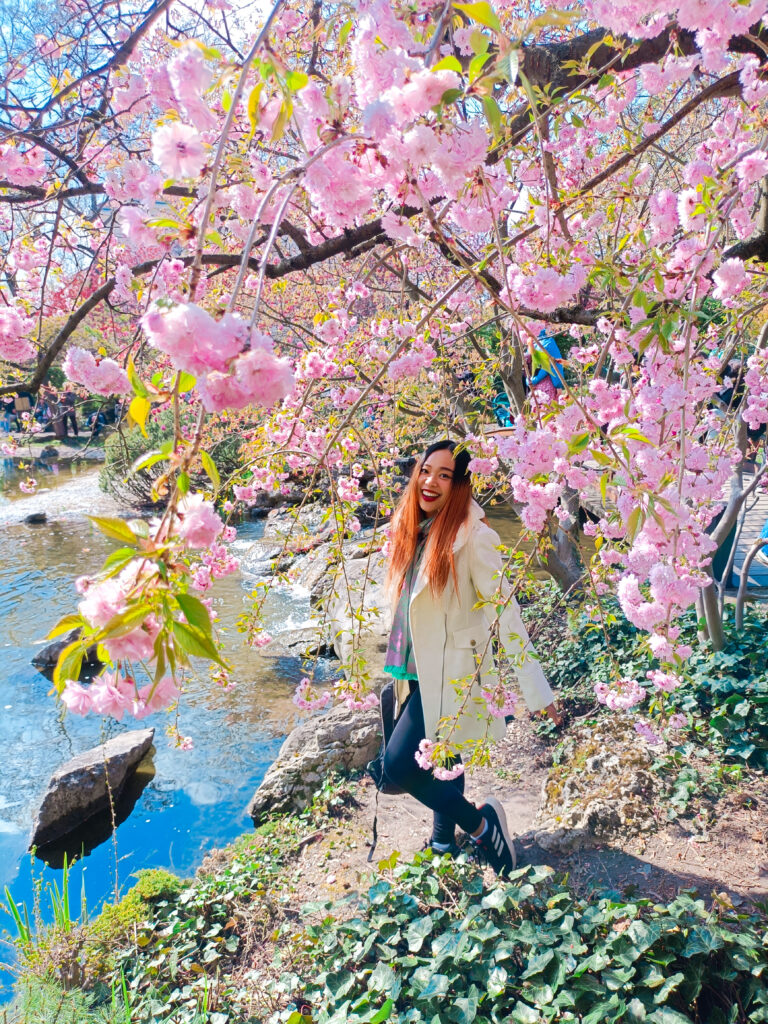
On the first Sunday of May, most of the museums in Vienna are free. I went to the houses of Beethoven, Strauss, Schubert, and Haydn and was able to learn many new things about these composers. I have been singing their music as well as teaching it to my students for so many years now. To be able to go inside their houses and see how they lived their life helped me understand their stories and feel the atmosphere. I started to understand why Beethoven composed his music very loud and sometimes aggressive in his own style after growing up the way he did, and why Strauss composed his music mostly happy and waltz-like in his style, with his life seeming more privileged. Each composer had his own lifestyle and experiences in different ways, which I now understand influenced their music. There are many benefits to studying in Austria that reach beyond the music itself.
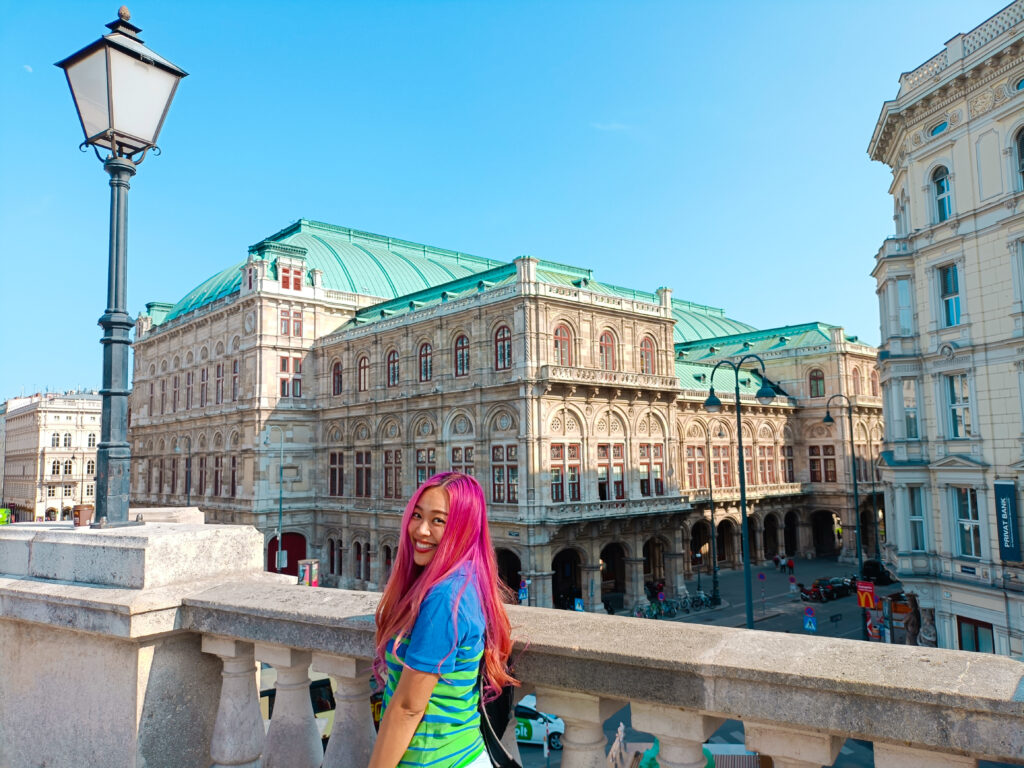

I also had the chance to meet my former singing teachers, singing friends from my time spent studying in Austria previously, and Thai friends that have lived in Austria. We exchanged our life experiences and intend to maintain these connections for future collaborations. One of my singing friends who works at the Volksoper has now also confirmed to come to Thailand; she will give a masterclass for our students at Mahidol University. This trip has not just given me the chance to learn about Austrian culture but also provided me with great connections, and my students now have the wonderful opportunity to have a good teacher from Austria flying there to further their education.
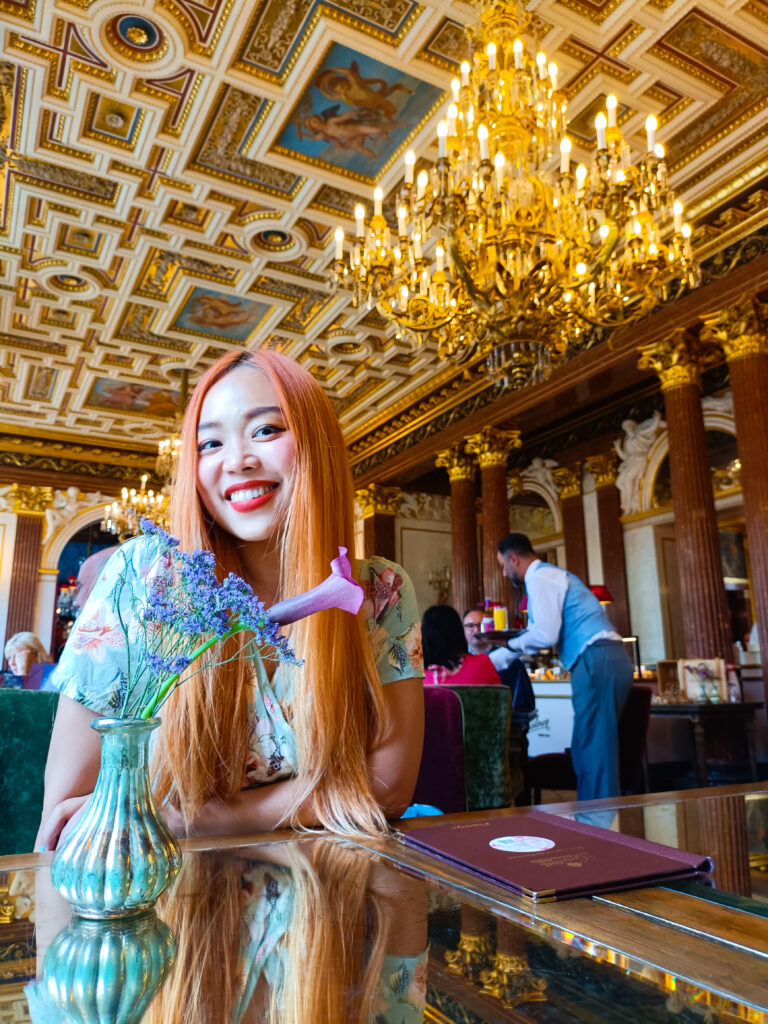
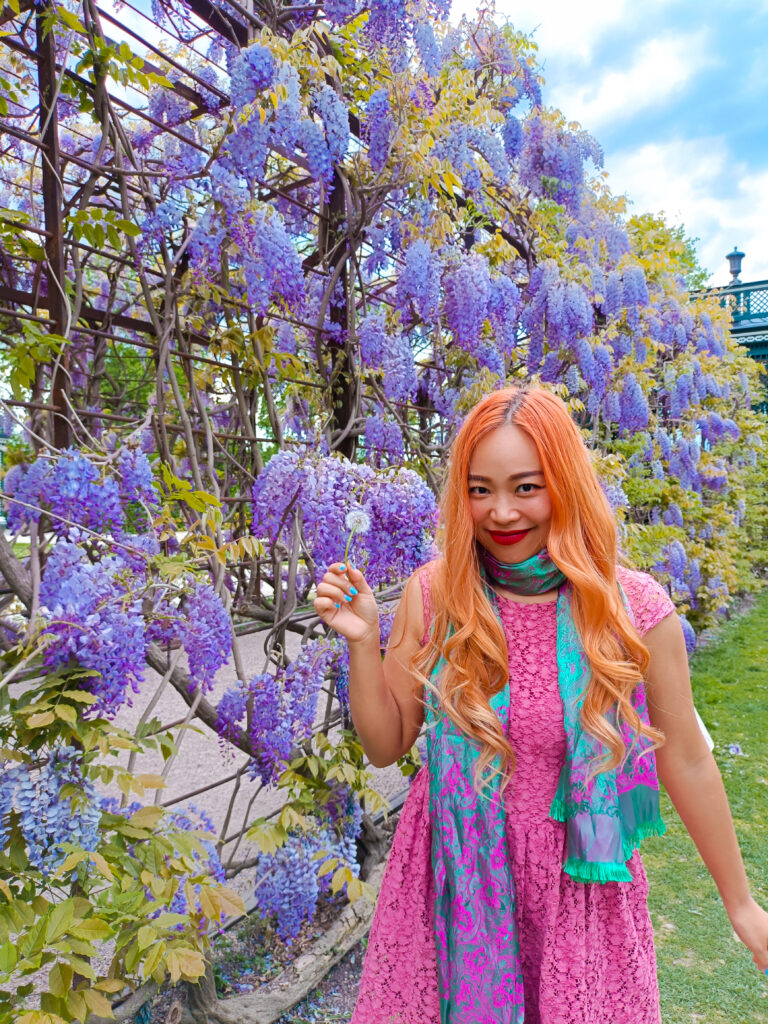
Are you a teacher from outside of Europe interested in teaching at the mdw?

